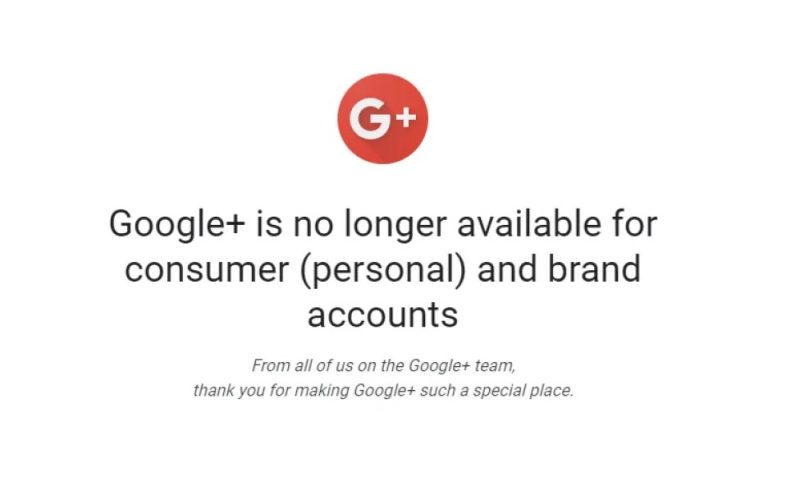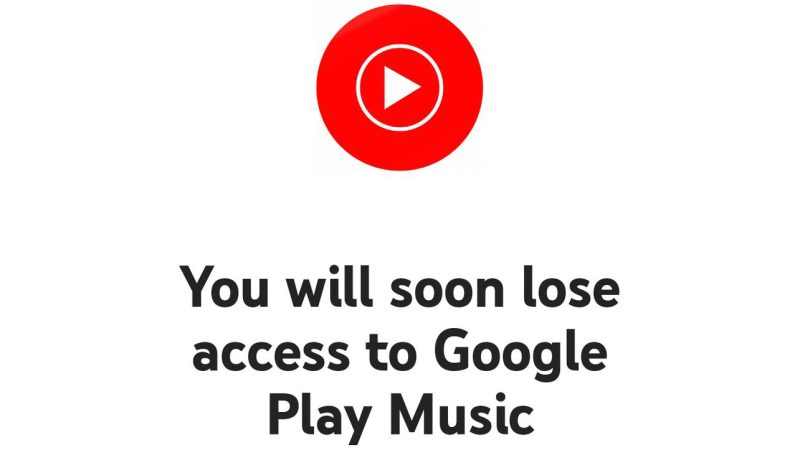
There’s a thing known as Google Graveyard. Is it a place that you can visit? Is it a blog that you can read? No, as it’s a meta-universe or meta-underworld, if you want, that can be summoned in the collective mind of Google users that mourn the products and services that the tech giant has discontinued cruelly and abruptly.
Have you gotten used to writing essays while watching YouTube Originals? Well, if that’s part of a habit that will prevent you from doing assignments, you might as well order custom writing help, as YouTube Originals is getting discontinued as well. And that’s just the tip of an iceberg of things that were discontinued by Google in 2022.

Here are the items that Google has discontinued or announced to discontinue throughout 2022:
- Google OnHub
- Google Cameos
- Google Chrome Apps
- G Suite
- Android Things
Some of them are quite logical. After all, Chrome has become more feature-rich, so there is no need for Google support anymore. Google Cameos was an exclusive for influencers with mammoth popularity; thus, no surprise that it was discontinued.
G Suite becoming a paid Google Workspace is still debatable. The company has been threatening to discontinue the free edition since 2012. This time it is for real, but no one knows for sure. If all that sounds shocking to you, it means that you’ve never visited the Google graveyard. So, let’s check out the products and services that Google has discontinued throughout its existence.
1. Google Page Creator
Those who attempted to try their hand at web design in the noughties might remember Google Page Creator. The main objective of Google Page Creator was it being a tool for basic web design, which didn’t require any knowledge of programming languages. Several poets and writers have utilized the tool to create their websites.
The tool was launched on February 23, 2006, and existed for three years before Google shut it down in 2009. If you wonder whether any alternatives were offered, the answer is “no.” The existing pages were migrated to Google Site. Basically, shifting the focus to Google Site was announced as the main reason behind the Page Creator discontinuation.
You really cannot blame Google for that, as it’s always better to have one service with multiple features than two similar ones that overlap each other. Still, this decision drew criticism from some users that generally focused on the fact that Google Sites’ interface was more complicated and had more limitations than Page Creator. Regardless of the complaints, the latter remains buried.
2. Jaiku
Can you imagine Twitter with poetry-based tweets? Well, that was what Jaiku initially was. Moreover, the Finish social microblogging service was launched approximately one month before Twitter. So, Jaiku was originally a Finnish social network and was named that way as its posts resembled Japanese haiku.
There’s another explanation for the service’s name, which is an extra explanation. The indigenous Sami people generally shared stories by singing songs, which are known as yoiks or joiks. So, joiks + haiku = jaiku.
About three years after the Jaiku’s launch, the server was bought by Google. Under the corporate reign, Jaiku existed till 2012, when Google decided to shut down the service. Jaiku had an online museum, of sorts, for a while. In late 2011, former Jaiku users created the Jaiku archive under the jaikuarchive.com domain to preserve online heritage. However, the site has remained offline since 2014.
3. Google Labs
One of the earliest Google projects, Google Labs was launched in 2002. Google Labs was an online incubator for testing and presenting new projects. It was the company’s “playground” for adventurous users to test drive some of Google’s projects. Some of the Labs’ projects include Gmail and Google Calendar, which are well and alive today.
Google Labs was an invitation-only platform, which means that not every user could get access to the future features of the company. The platform was approaching its tenth anniversary when Google decided to discontinue it. Some of the experimental projects continued to be developed, while others were shut down permanently together with the platform. Google never provided any particular reason behind the Labs’ discontinuation.
4. Knol
On July 23, 2008, Google launched Knol. The name was defined as “a unit of knowledge.” The project aimed to create a library of user-written articles on a vast array of topics. Does that sound familiar? If so, then bingo. Knol, according to Google’s executives, is a rival and complement to Wikipedia. The main difference was that the latter offered articles written collectively with a neutral point of view, while the former offered articles with an emphasis on authorship.
Knol caused a lot of media buzz upon its launch. The Wikimedia Foundation welcomed Knol, while some journalists saw the platform as a corporate attack on free media. Despite the fears of the latter, the buzz soon died off, and Knol was down. By 2009, Knol attracted fewer than 200,000 views per month, compared to Wikipedia’s billions. The project was shut down on April 30, 2012.
5. Google Play Music

Google Play Music was a music and podcast-streaming platform from Google. The service was launched on November 16, 2011. You could purchase songs and albums and listen to them offline, and you could stream an unlimited amount of media as a premium user. People with standard accounts could store up to 50,000 songs and use the service simply as a music player.
Despite the slow growth, Google Play Music was often praised by the press. Never got an “A” rating but was frequently graded “B” and “B+.” Still, Google discontinued the service in December 2020. Instead of getting merged with another product, it was replaced with YouTube Music and Google Podcasts.
Final Thoughts
Those five projects are just a few of those shut down by Google. The company discontinued Google Catalog, Google Video Player, Google Sets, Google X, etc. Some were closed due to failing to compete with rival projects (Twitter, Spotify, Apple Music). Others were shut down without explanation. Let’s hope that Google Docs, Google Calendar, and Gmail won’t be discontinued out of the blue.

Taylor is a freelance SEO copywriter and blogger. His areas of expertise include technology, pop culture, and marketing.













